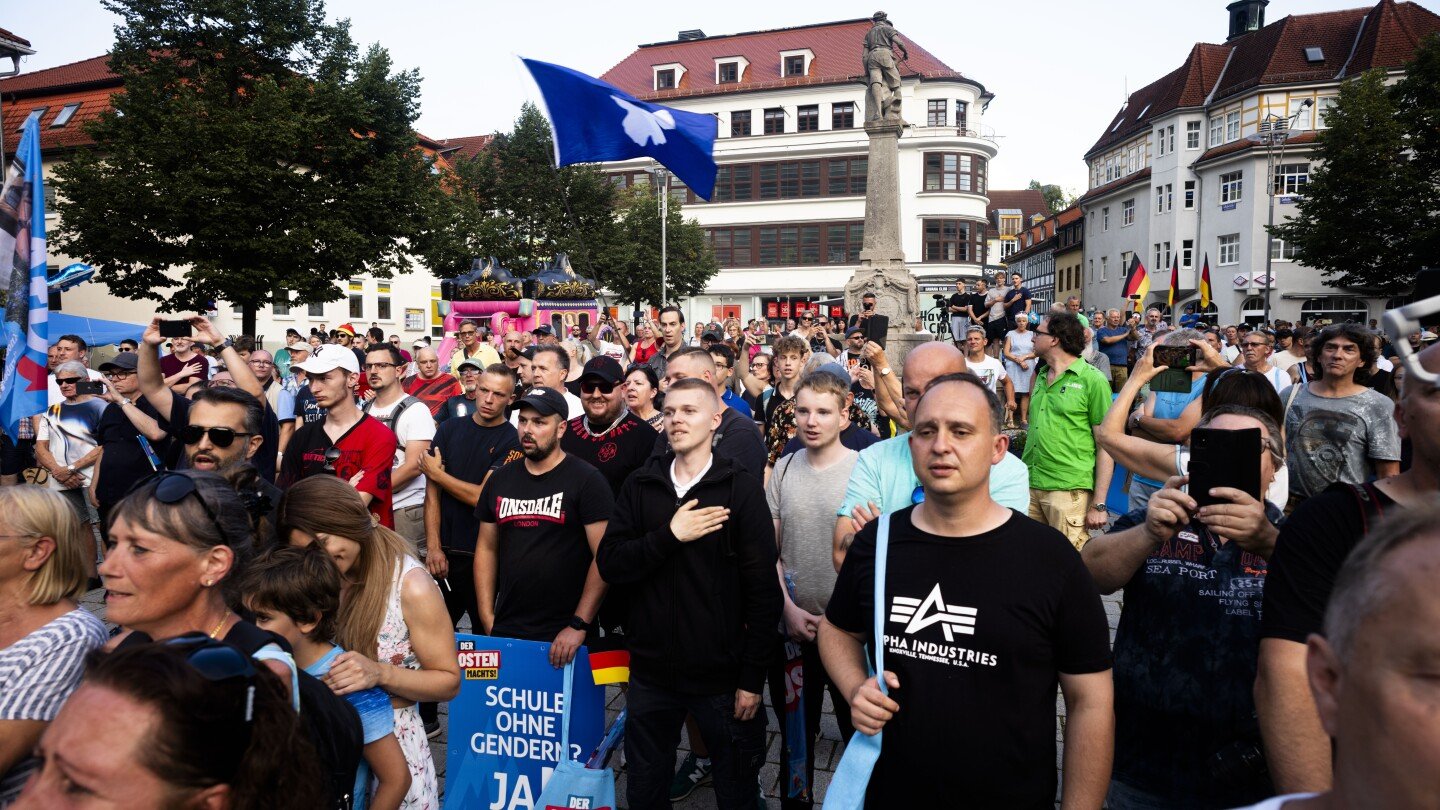Summary
Alternative for Germany (AfD), a far-right party founded in 2013, is poised for its strongest national election result yet in Germany.
Initially focused on eurozone bailouts, AfD shifted its focus to migration, gaining significant support and entering parliament in 2017.
The party, now advocating for large-scale deportations and opposing support for Ukraine, has become a significant political force, particularly in eastern Germany, and is under observation for suspected right-wing extremism.



To those saying Germany is experiencing the same dynamic that lead to the anti-democratic government takeover in the US: Hold your horses.
There are way more differences than that, but I’ll stop here. We’re far from what’s happening in the US. The trend is concerning though, and if the economic crisis continues, together with soaring inequality and the creation of an oligarch class of the super-rich, we might be in a bad spot in a decade or so.
There’s also the small issue of “history doesn’t repeat, but it often rhymes”.